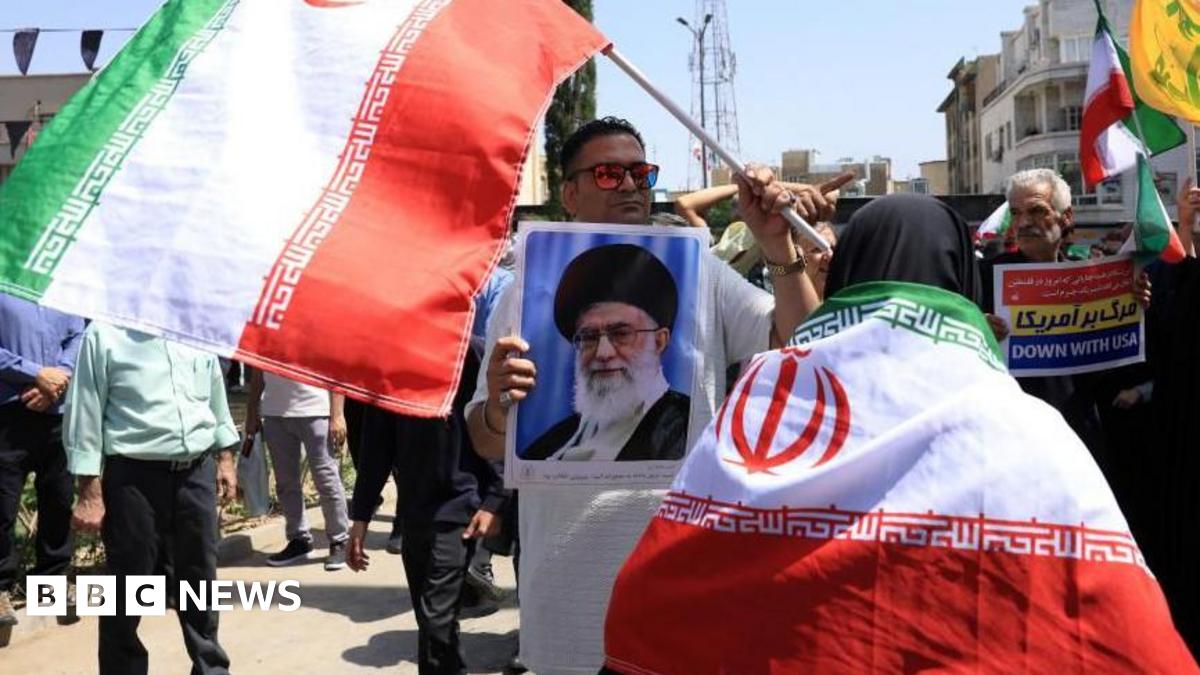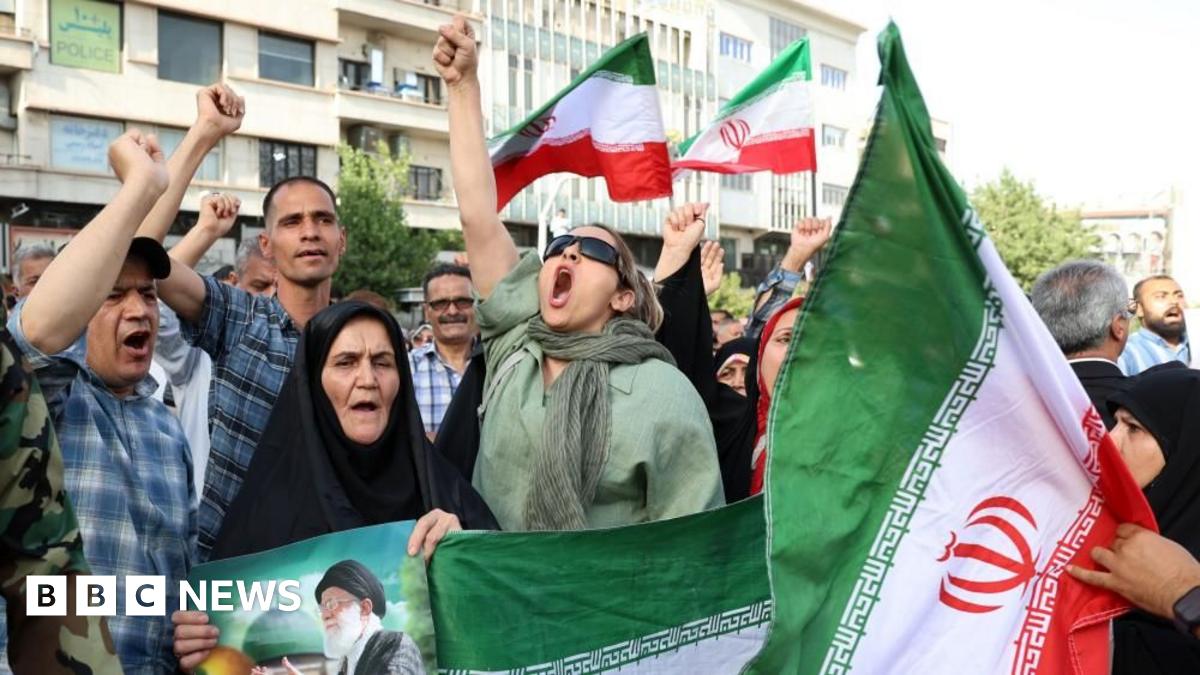Iran's Intelligence Network Shaken: Key Quds Force Members Targeted in Apparent Assassinations

Recent reports of assassinations targeting prominent figures within Iran's Islamic Revolutionary Guard Corps (IRGC), specifically the elite Quds Force, are sending shockwaves through Tehran and raising serious questions about the security of Iran's intelligence apparatus. The alleged killings of Saeed Izadi and Behnam Shahryari, if confirmed, represent a significant breach in Iranian intelligence security and a potentially devastating blow to the Quds Force's operations.
Who Were the Victims?
Saeed Izadi, reportedly a senior official in the Quds Force's Syria and Lebanon directorate, was killed in a targeted shooting in Tehran. Behnam Shahryari, described as a specialist in drone development and a professor at Malek-e-Ashtar University, met a similar fate in a separate incident. While Iranian authorities have been tight-lipped about the details, the timing and nature of these events strongly suggest a deliberate and sophisticated operation.
Implications for the Quds Force
The Quds Force, the IRGC's external arm, is responsible for conducting covert operations and supporting proxy groups across the Middle East. It plays a crucial role in Iran's regional influence strategy, and its activities are closely monitored by regional rivals and international powers. The loss of experienced personnel like Izadi and Shahryari could significantly hamper the Quds Force's ability to carry out its missions and maintain its network of contacts and operatives.
A Growing Breach in Security?
These assassinations are not isolated incidents. Over the past year, there have been a series of similar attacks targeting Iranian nuclear scientists and military officials. While Iran has blamed Israel for some of these attacks, the increasing frequency and sophistication of the operations suggest a more complex and evolving threat landscape. The ability to penetrate Iran's heavily guarded security perimeter and carry out assassinations in broad daylight raises serious concerns about the effectiveness of Iranian counterintelligence.
Possible Explanations and Motivations
Several factors could be contributing to this apparent breakdown in Iranian security. Possible explanations include:
- Increased Israeli Intelligence Capabilities: Israel has long been considered a major adversary of Iran, and its intelligence agencies are known to possess advanced capabilities.
- Cyber Warfare: It's possible that sophisticated cyberattacks are being used to identify and track Iranian targets.
- Insider Threats: The possibility of informants or double agents within Iranian security agencies cannot be ruled out.
- Regional Rivalries: Iran's complex relationships with its neighbors, particularly Saudi Arabia, could be fueling covert operations and intelligence gathering.
Geopolitical Ramifications
The targeting of Quds Force members has significant geopolitical ramifications. It could escalate tensions in the already volatile Middle East, potentially leading to retaliatory actions by Iran. It also highlights the vulnerabilities of Iran's security apparatus and could embolden its adversaries to take further action. Furthermore, these events will likely fuel internal debate within Iran regarding security protocols and intelligence gathering strategies.
The Road Ahead
The assassinations of Saeed Izadi and Behnam Shahryari serve as a stark reminder of the ongoing security challenges facing Iran. Unless Tehran can effectively address the vulnerabilities in its intelligence network, it risks further attacks and a destabilizing escalation of tensions in the region. The coming weeks and months will be critical in determining how Iran responds to this growing threat and whether it can regain control of its security landscape. Further investigation and transparency from Iranian authorities are crucial to understanding the full extent of the breach and preventing future incidents.






